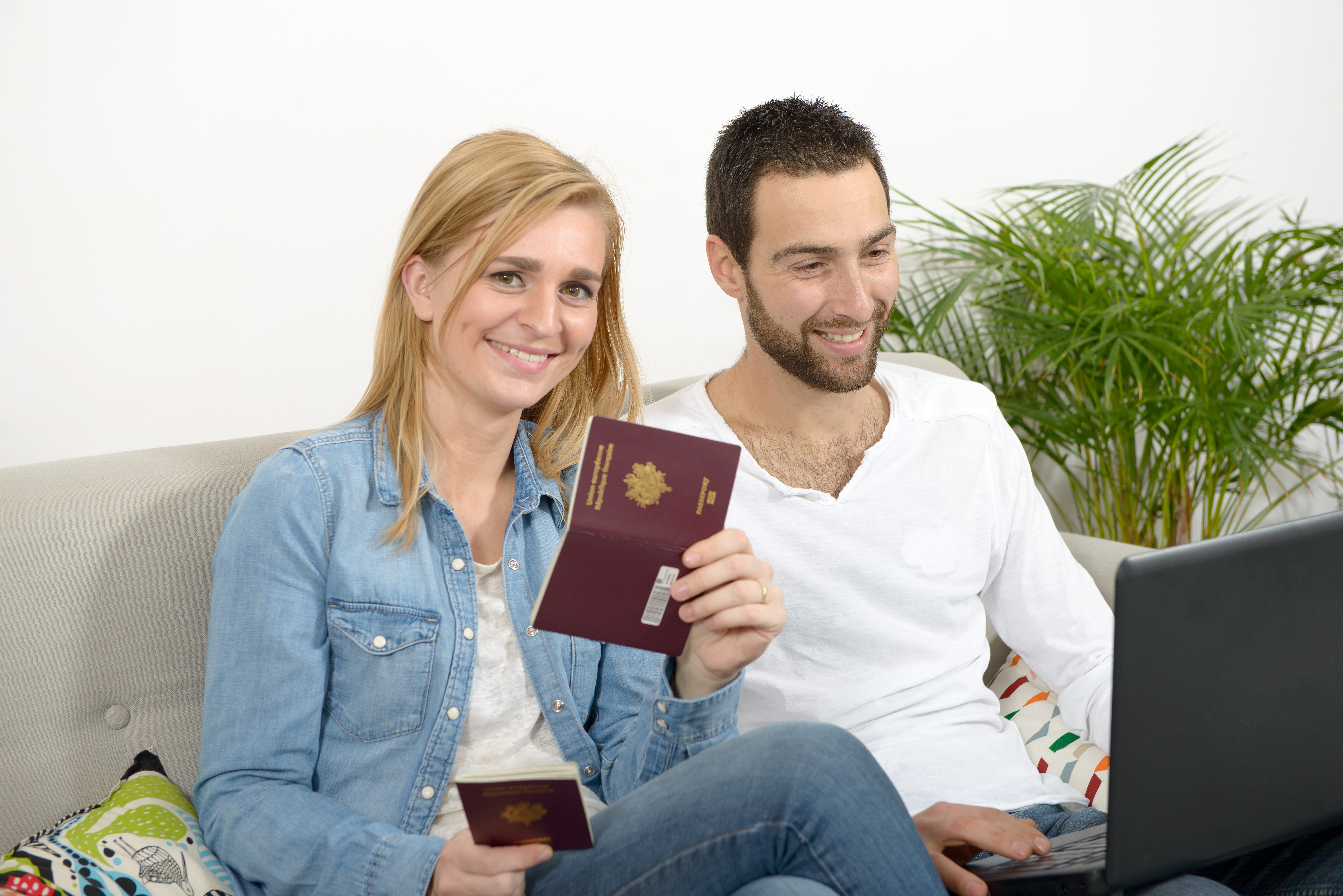Vietnam e-visa was officially launched in February 2017, attracting the attention of all foreigners who want to enter Vietnam including citizens of Slovenia. By 2022, Vietnam has resumed processing this visa.

Vietnam e-visa was officially launched in February 2017, attracting the attention of all foreigners who want to enter Vietnam including citizens of Norway. By 2022, Vietnam has resumed processing this visa. The following are some of the main issues that all citizens of Norway should know before starting to apply for an e-visa in Vietnam.
What kind of visa is an e-visa? What should we pay attention to when applying for this visa?
Vietnam e-visa is an effective form of a Vietnamese visa in Pdf format published directly online and approved by Vietnam Immigration. This visa is valid for up to 30 days and allows foreign citizens to enter Vietnam without any further visa procedures.
The following is an example of an e-visa in Vietnam:
Vietnam e-visa is now applicable to air passengers, land passengers, or cruise passengers. One of the following 33 entrances:
International airports
Noi Bai international airport in Hanoi city
Tan Son Nhat international airport in Ho Chi Minh city
Cam Ranh international airport in Nha Trang city
Da Nang international airport in Da Nang city
Cat Bi international airport in Hai Phong city
Can Tho international airport in Can Tho city
Phu Quoc international airport in Phu Quoc island
Phu Bai international airport in Hue city
Border land-crossing
Mong Cai border gate in Quang Ninh Province (border with China)
Friendship or Huu Nghi border gate in Lang Son province (border with China)
Lao Cai border gate in Lao Cai province (border with China)
Nam Can border gate in Nghe An province (border with Laos)
Cau Treo border gate in Ha Tinh province (border with Laos)
Cha Lo border gate in Quang Binh province (border with Laos)
Lao Bao border gate in Quang Binh province (border with Laos)
Bo Y border gate in Kon Tum province (border with Cambodia & Laos)
Moc Bai border gate in Tay Ninh province (border with Cambodia)
Xa Mat border gate in Tay Ninh province (border with Cambodia)
Tinh Bien border gate in An Giang province (border with Cambodia)
Song Tien border gate in Tien Giang province (border with Cambodia)
Ha Tien border gate in Kien Giang province (border with Cambodia)
Sea Ports
Hon Gai port in Quang Ninh province
Hai Phong port in Hai Phong province
Nha Trang port in Nha Trang city (Khanh Hoa province)
Da Nang port in Da Nang city
Quy Nhon port in Quy Nhon city (Binh Dinh province)
Vung Tau port in Vung Tau city (Ba Ria Vung Tau province)
Ho Chi Minh port in Ho Chi Minh city
In order to apply for an e-visa to Vietnam, you need to ensure the following requirements:
By strictly following the following three steps, it is very easy to obtain a Vietnamese e-visa:
Step 1: visit https://evisa.xuatnhapcanh.gov.vn/ And fill in this form according to the guidelines of the Vietnam e-visa online application form.
Apply on the official website of Vietnam: whether your visa is issued or not, whether your E-visa is right or wrong, this fee will not be refunded.
It usually takes 03 working days to receive the e-visa letter; However, processing time may be affected by a large number of applicants or public holidays. Therefore, you should consider applying for such a visa 1-2 weeks before departure.
Or apply on the service website: https://www.vietnam-visa.in/apply-vietnam-visa/ And fill Vietnam e-visa online application form (very simple).
Apply on the agency website: All visa failures will be refunded. The processing time is correct and there are emergency services.
Step 2: pay e-visa fees;
Step 3: check the status of the e-visa within a few working days, download and print it and enter Vietnam.
The validity period of the Vietnam e-visa starts from the entry date provided on your e-visa and ends on the exit date provided on your e-visa.

Vietnam e-visa was officially launched in February 2017, attracting the attention of all foreigners who want to enter Vietnam including citizens of Slovenia. By 2022, Vietnam has resumed processing this visa.

Vietnam e-visa was officially launched in February 2017, attracting the attention of all foreigners who want to enter Vietnam including citizens of Slovakia. By 2022, Vietnam has resumed processing this visa.

Vietnam e-visa was officially launched in February 2017, attracting the attention of all foreigners who want to enter Vietnam including citizens of Netherlands. By 2022, Vietnam has resumed processing this visa.

Vietnam e-visa was officially launched in February 2017, attracting the attention of all foreigners who want to enter Vietnam including citizens of Venezuela. By 2022, Vietnam has resumed processing this visa.

Vietnam e-visa was officially launched in February 2017, attracting the attention of all foreigners who want to enter Vietnam including citizens of Vanuatu. By 2022, Vietnam has resumed processing this visa.

Vietnam e-visa was officially launched in February 2017, attracting the attention of all foreigners who want to enter Vietnam including citizens of Uruguay. By 2022, Vietnam has resumed processing this visa.

Vietnam e-visa was officially launched in February 2017, attracting the attention of all foreigners who want to enter Vietnam including citizens of Macau. By 2022, Vietnam has resumed processing this visa.

Vietnam e-visa was officially launched in February 2017, attracting the attention of all foreigners who want to enter Vietnam including citizens of Hong Kong. By 2022, Vietnam has resumed processing this visa.